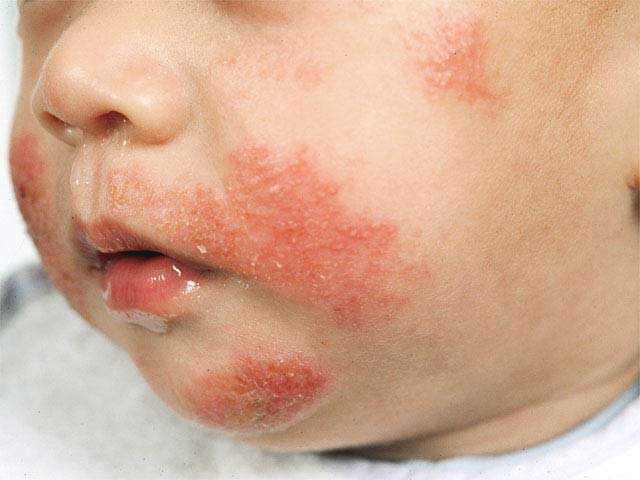Leprosy Symptoms, Causes, Diagnosis and Treatment

What Is Leprosy?
Leprosy is an infectious disease which has been common ever since the biblical times. It causes muscle weakness, nerve damage and skin sores that worsens in its due course. Its occurrence is more common in children as compared to adults.
Mention the alternate name of leprosy:
Leprosy, the infectious disease is also known as Hansen’s disease.
What Are The Symptoms Of Leprosy?
Few common symptoms of leprosy are:
- Skin lesions.
1. Are lighter than the color of your skin.
2. Do not heal after some weeks- months.
3. Have reduced sensation to pain, heat or touch.
- Lack of sensation or numbness in your legs, feet, arms and hands.
- Muscle weakness.
When Is The Right Time To Seek Medical Assistance?
In case you have contacted an infected individual physically, and has develop the above mentioned symptoms of leprosy, do not delay to seek medical assistance.
What Causes Leprosy?
A bacterium named Mycobacterium leprae is responsible for causing leprosy. It is not an extremely infectious disease and has an extensive incubation period (the period is defined by the time before the emergence of symptoms). This makes it difficult to identify when and where one has contracted leprosy.
This infectious disease has two common types:
- Lepromatous.
- Tuberculoid.
Both the types involve skin sores, though; the type lepromatous is more aggressive. It sources large bumps and lumps.
What Are The Possible Complications Of Leprosy?
A number of complications the infectious disease can lead include:
- Sensory loss.
- Lasting damage in your legs and arms.
- Muscle weakness.
- Disfigurement.
How Is Leprosy Diagnosed?
During the visit, the doctor will carry out a thorough physical exam, wherein he or she will carefully observe the skin lesions caused by the disease. The doctor will possibly perform the following in order to determine what’s exactly causing the symptoms:
- Skin lesion biopsy.
- Skin scraping examination.
- Lepromin skin test.
How Is Leprosy Treated?
The treatment of leprosy revolves around antibiotics. There are various antibiotics that can help kill the bacteria responsible for rooting leprosy. Few of which include:
- Minocycline.
- Macrolides.
- Fluoroguinolones.
- Clofazamine.
- Rifampin.
- Dapsone.
The doctor can prescribe a particular or a combination of the above mentioned antibiotics to treat leprosy. In order to control inflammation, he or she can add any of the following to your treatment plan:
- Thalidomide.
- Prednisone.
- Aspirin.
What Is The Prognosis Of Leprosy?
Identifying the disease as early as possible is imperative as pursuing its treatment early can help:
- Limit the damage.
- Forestall the transmission of disease to others.
- Lead a normal life.
Prevention:
In order to avoid the contraction of leprosy, it is important to avoid close contact with an infected individual who has left the disease untreated. One must seek prompt treatment in case of being diagnosed with leprosy, as long term medication can make the affected individual noninfectious.
Related Articles :
Mastitis Symptoms, Causes, Diagnosis and Treatment
Syphilis Symptoms, Causes, Diagnosis and Treatment
Rosacea Symptoms, Causes, Diagnosis and Treatment
Perioral Dermatitis Symptoms, Causes, Diagnosis and Treatment
Dermatitis Herpetiformis Symptoms, Causes, Diagnosis and Treatment
Chancroid Symptoms, Causes, Diagnosis and Treatment
Bullous Pemphigoid Symptoms, Causes, Diagnosis and Treatment
Mammary Duct Ectasia Symptoms, Causes, Diagnosis and Treatment
Lupus Symptoms, Causes, Diagnosis and Treatment
Lichen Sclerosus Symptoms, Causes, Diagnosis and Treatment
Lichen Nitidus Symptoms, Causes, Diagnosis and Treatment
Latex Allergy Symptoms, Causes, Diagnosis and Treatment
Jock Itch Symptoms, Causes, Diagnosis and Treatment
Ringworm Symptoms, Causes, Diagnosis and Treatment
Roseola Symptoms, Causes, Diagnosis and Treatment
By : Natural Health News




